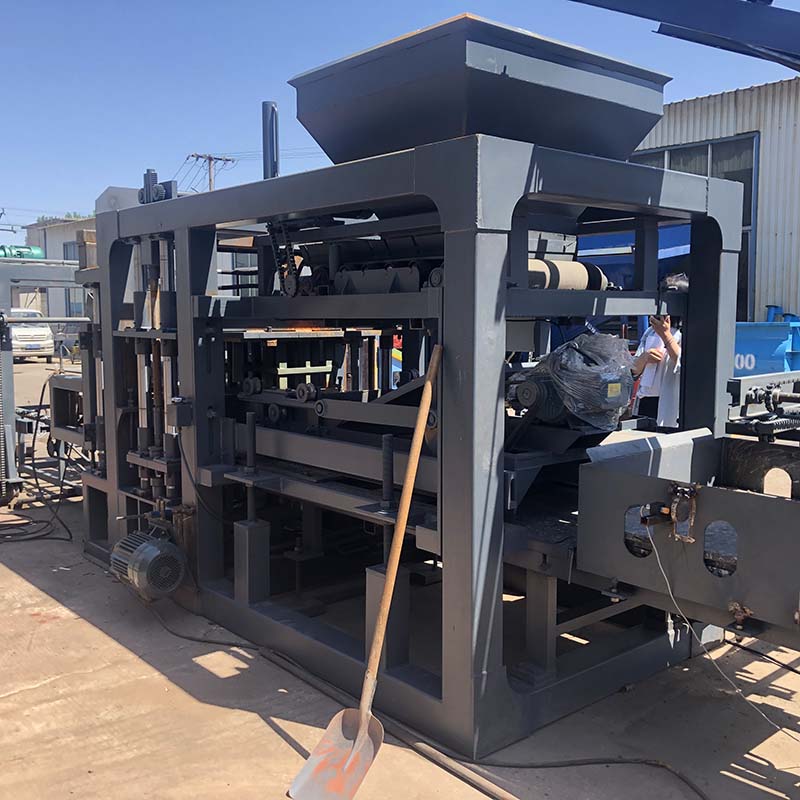
Image source:Aiwei block machine
Introduction
The construction industry is witnessing remarkable growth worldwide, creating a growing demand for high-quality building materials. Solid blocks are essential components of construction, serving as the building blocks for various structures. As the demand for solid blocks increases, so does the need for efficient and reliable block-making machines. This article conducts a comprehensive comparative analysis of various solid block machine brands, helping businesses make informed choices when investing in this critical equipment.
The Importance of Solid Block Machines
Solid block machines play a pivotal role in the production of high-quality blocks, which are vital for constructing durable and stable buildings. The choice of block-making machine brand can significantly impact a business’s efficiency, productivity, and overall success in the construction market. Therefore, a thorough comparative analysis of different brands is essential for making wise investment decisions.
Key Features to Evaluate
Before delving into the comparative analysis, it’s important to understand the key features and factors to evaluate when considering solid block machine brands. These features include:
a. Production Capacity: The number of blocks a machine can produce in a given time frame.
b. Block Types: The machine’s ability to produce various types of solid blocks, such as standard, interlocking, or decorative.
c. Automation Level: Whether the machine is manual, semi-automatic, or fully automatic.
d. Quality Control: The machine’s ability to maintain consistent block quality through precise compaction and curing.
e. Energy Efficiency: Consideration of energy consumption and environmental impact.
f. After-Sales Support: Availability of technical support, spare parts, and maintenance services.
g. Cost: Initial purchase price and long-term operational costs.
Brand Analysis: Comparing Leading Manufacturers
Comparative Analysis
To conduct a comprehensive comparative analysis, consider the following factors:
a. Production Efficiency: Evaluate each brand’s production capacity and automation level to determine which machines can meet your business’s demands effectively.
b. Block Quality: Assess the quality control features of each brand to ensure consistent and high-quality block production.
c. Sustainability: Examine the energy efficiency of the machines to reduce operational costs and environmental impact.
d. After-Sales Support: Consider the availability of technical support, spare parts, and maintenance services to minimize downtime.
e. Cost-Effectiveness: Compare the initial purchase price and long-term operational costs to determine the most cost-effective option for your business.
Case Studies
Include case studies or success stories from businesses that have invested in solid block machines from different brands. These real-world examples can provide valuable insights into the performance, reliability, and overall satisfaction of each brand’s products.
Conclusion
In conclusion, investing in the right solid block machine brand is essential for the success of businesses in the construction industry. By conducting a thorough comparative analysis and considering factors such as production efficiency, block quality, sustainability, after-sales support, and cost-effectiveness, businesses can make informed decisions that align with their specific needs and goals. Remember that the choice of a solid block machine brand is an investment in the future of your construction business, so choose wisely to ensure long-term success and profitability.
https://youtu.be/HY4b-AFkgfU
